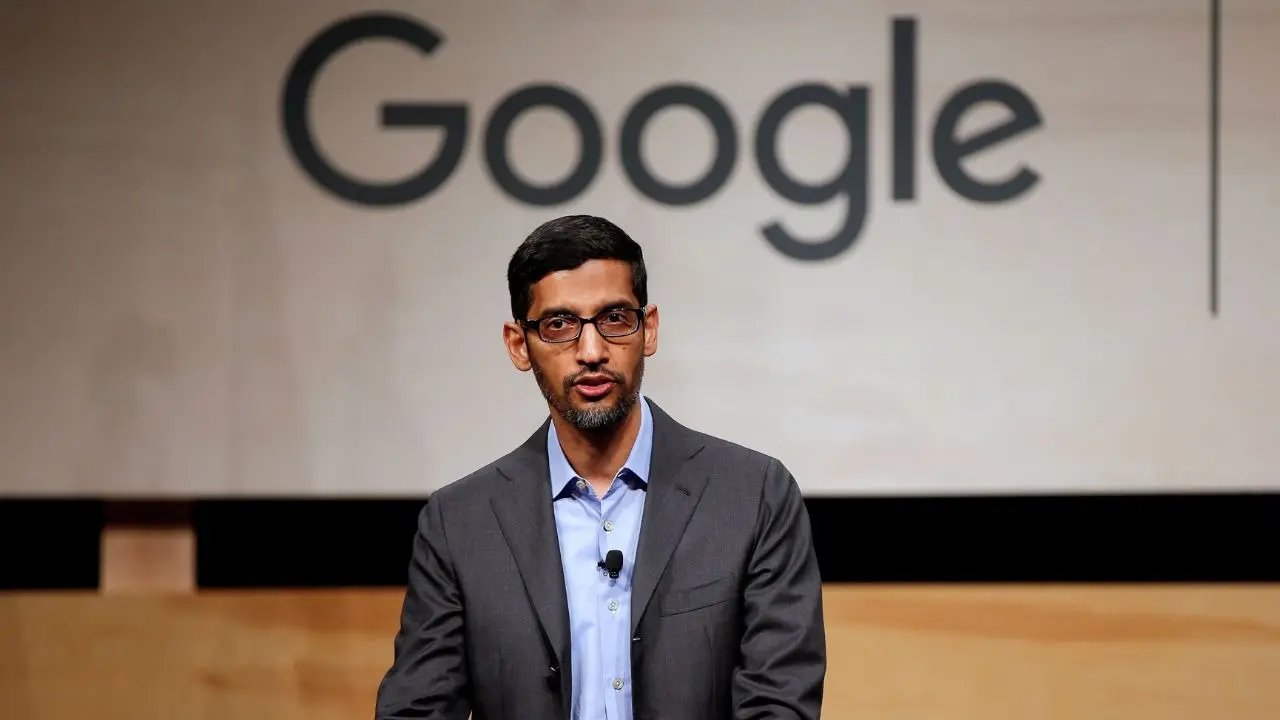Updated 17 May 2025 at 16:53 IST
‘We Debated It Super Intensely…’ - Alphabet CEO Sundar Pichai On Google Nearly Acquiring Netflix
In a recent interview with David Friedberg, Alphabet CEO Sundar Pichai shared some behind-the-scenes stories about Google and its parent company.
- Republic Business
- 3 min read

In a recent interview with David Friedberg, Alphabet CEO Sundar Pichai shared some behind-the-scenes stories about Google and its parent company. One surprising moment? Pichai revealed that Google once seriously considered buying Netflix.
While the deal never happened, it shows just how big Google’s ambitions have been over the years.
Netflix eventually grew into one of the biggest entertainment companies in the world — and looking back, it's easy to wonder how different things might have been if it had become part of Google.
Regrets? Not Many — But Netflix Was One
Pichai said he usually looks ahead instead of backwards. Still, he admitted the Netflix moment stood out.
Advertisement
"There are acquisitions we debated hard. Maybe Netflix—we debated that at some point super intensely," he said.
While he stopped short of calling it a regret, he acknowledged that decisions like these shape alternate paths— “maybe in a different part of the multiverse.”
Advertisement
Is Alphabet Still a Holding Company?
David Friedberg asked if Alphabet is still the kind of company that looks for the “next $100 billion business,” like co-founder Larry Page originally imagined. Pichai said Alphabet doesn’t act like a typical holding company.
“We are not just looking to invest capital in other attractive businesses—that's not who we are,” he explained.
Instead, Alphabet focuses on using its deep technology and research to solve big problems — and if that leads to a new business, they go for it.
Innovation Ties Everything Together
Alphabet may have many different businesses—like Google Search, YouTube, Waymo (self-driving cars), and DeepMind (AI research)—but Pichai said they’re all connected through the same core technologies.
“They may look very different on paper, but there’s a common strand underneath them,” he said, pointing to AI as a key example.
X Still Plays a Big Role
Pichai also said Alphabet’s “moonshot” lab, X, still plays a big role in pushing boundaries. Projects like Waymo and the early work on Google Brain started there. “X allows us to push the boundaries... it’s rooted in deep tech and R&D,” he said.
What Makes Him Proud
Pichai said he’s most proud of how Alphabet uses advanced research to build real businesses that create value. “Not many companies win Nobel Prizes and also build products people use every day. I think we’ve done an extraordinary job at that,” he said.
In 2024, researchers connected to Google won both the Nobel Prize in Physics and Chemistry. Geoffrey Hinton, who used to be a Vice President at Google, won the Physics prize for his work on artificial neural networks. Demis Hassabis, the co-founder of Google's AI company DeepMind, and DeepMind scientist John Jumper, won the Chemistry prize for using AI to understand how proteins fold.
Published By : Anubhav Maurya
Published On: 17 May 2025 at 16:51 IST
